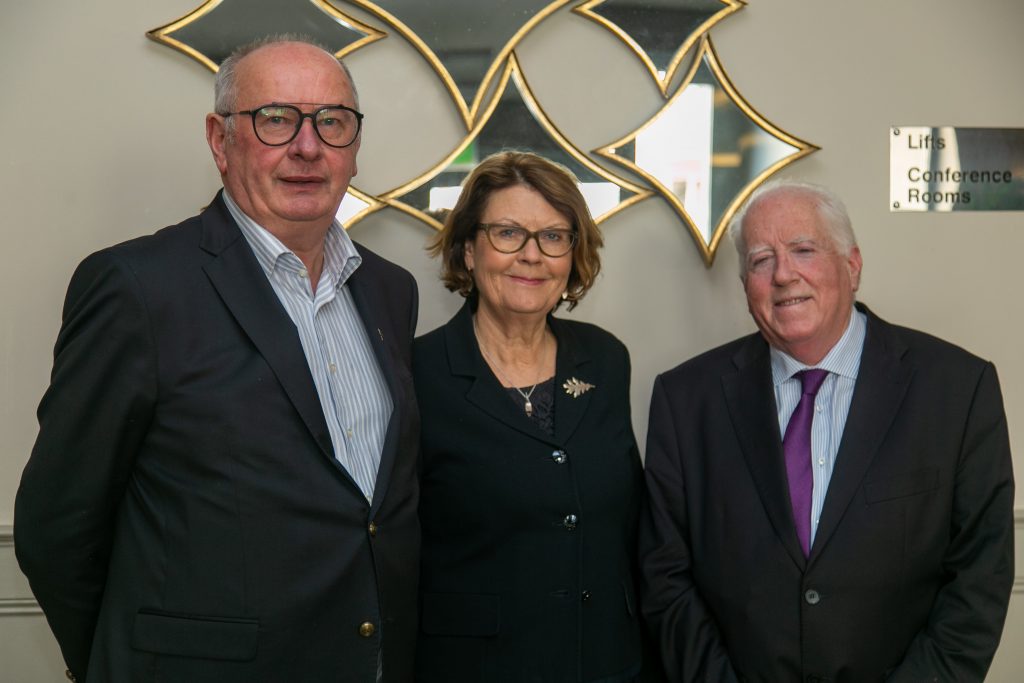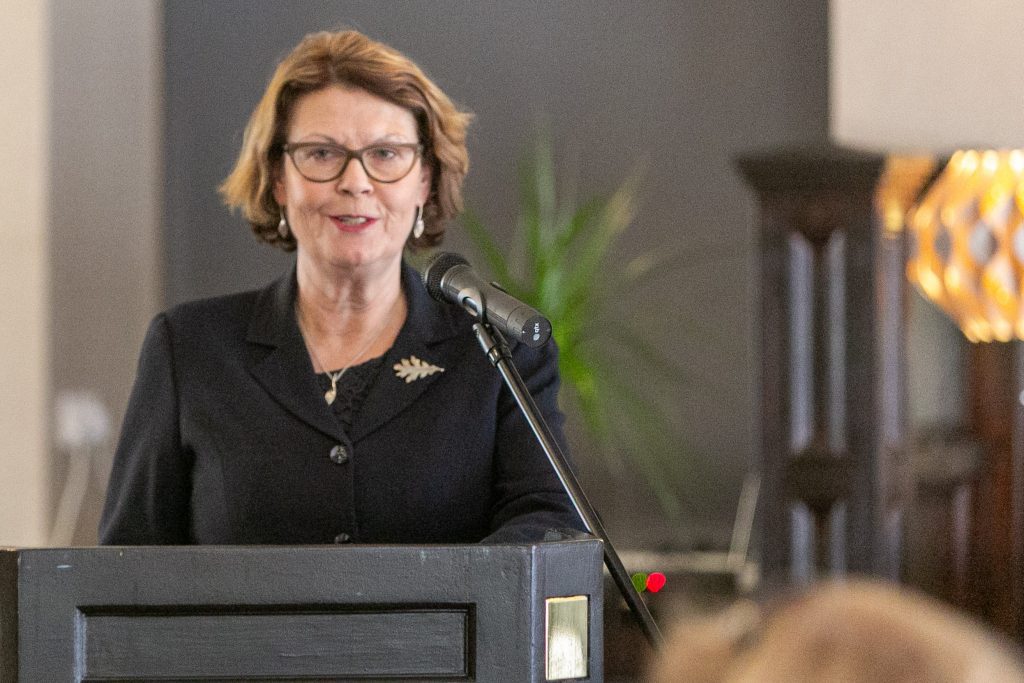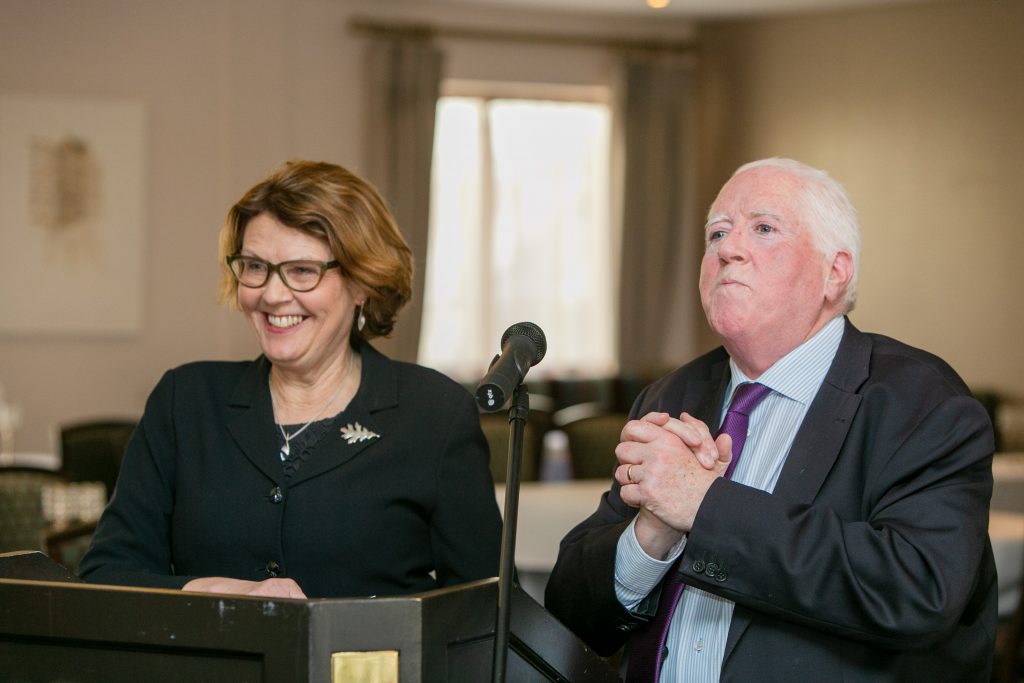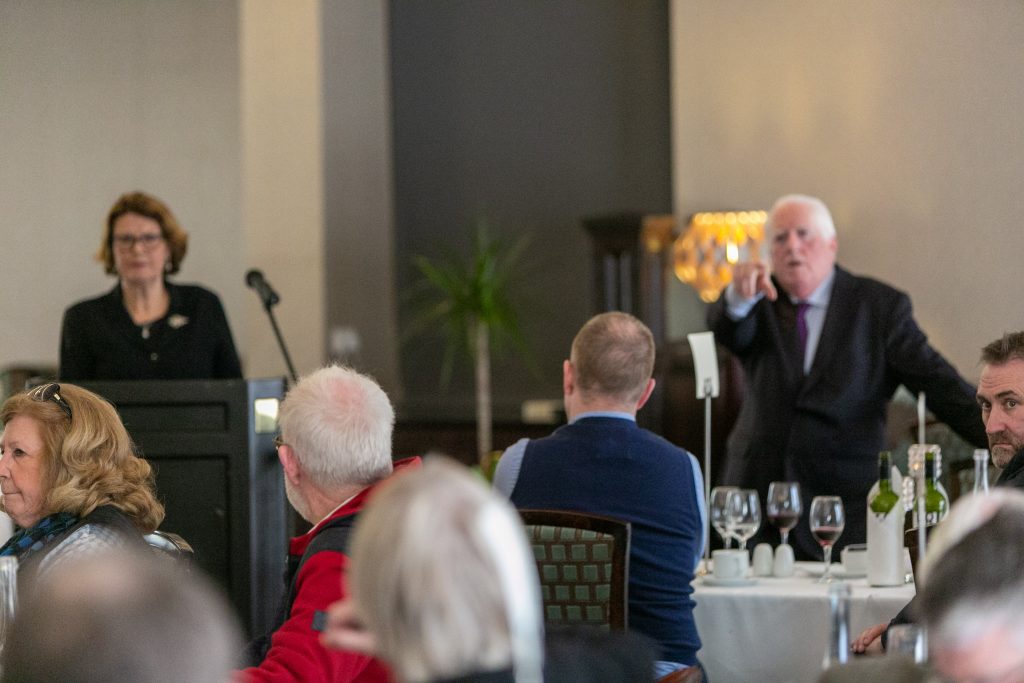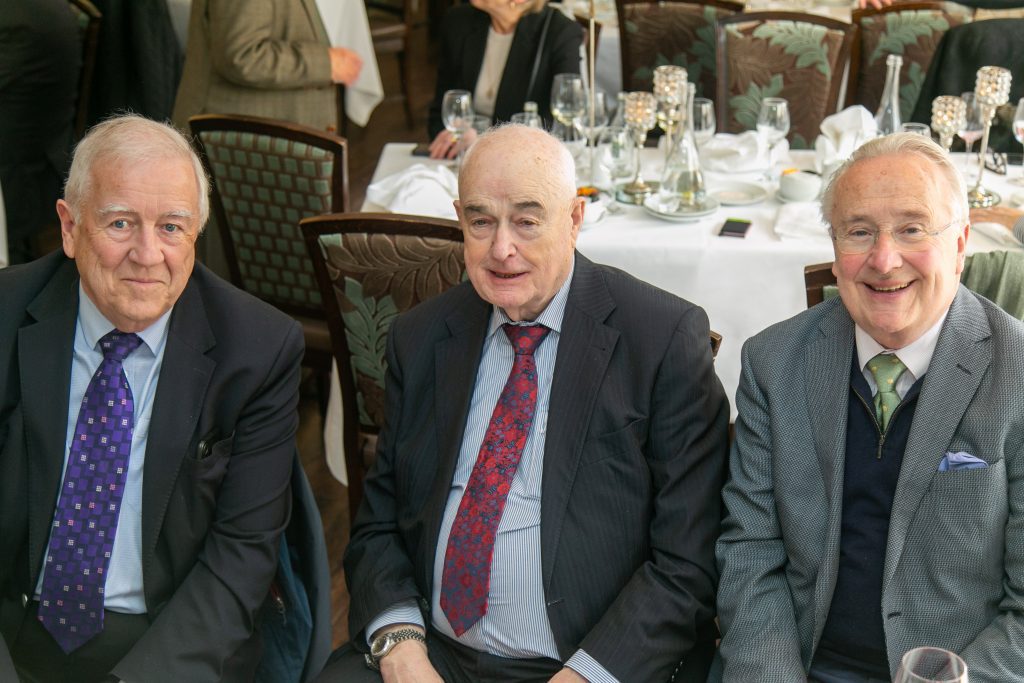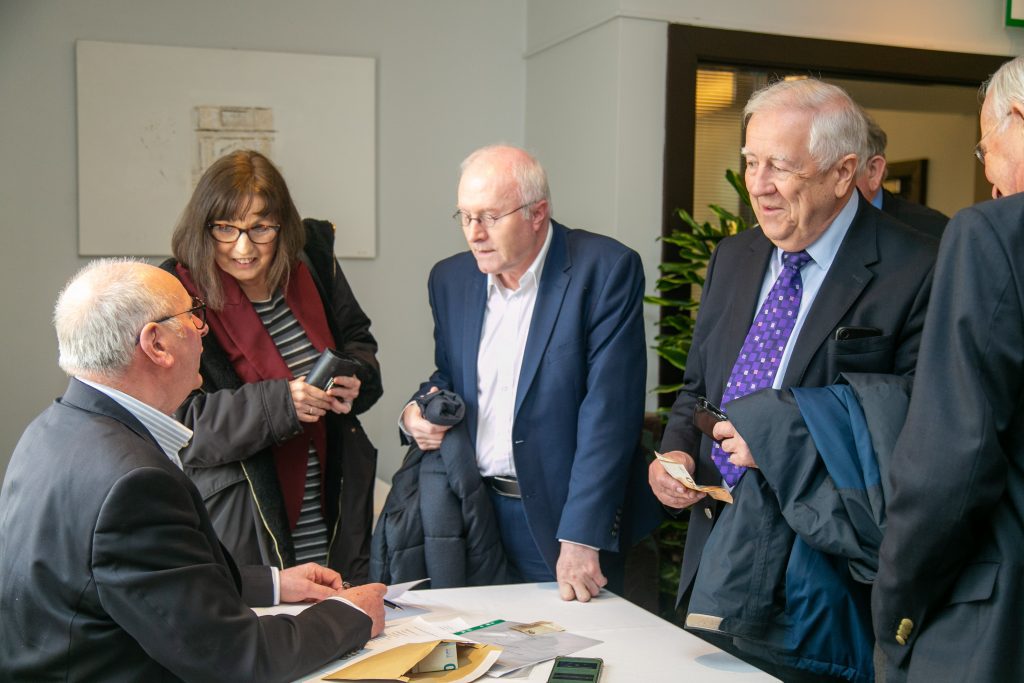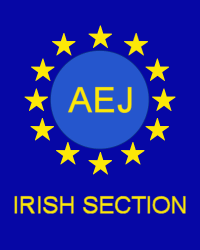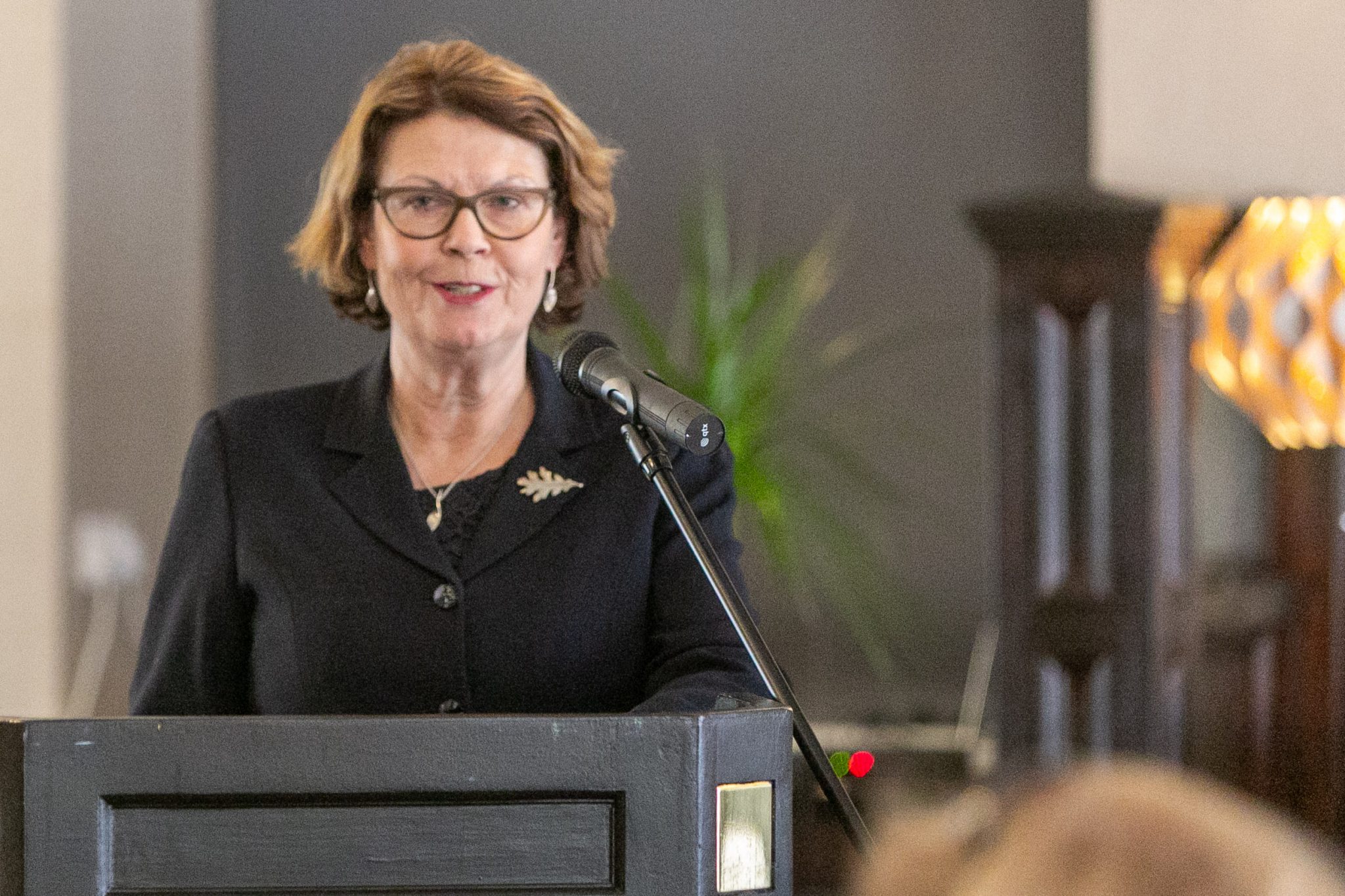Friday 10th March, 2023.
The office of the Press Ombudsman is independent. It is not a statutory body. Many people make the mistake of somehow thinking we are connected with the State because we are recognised in law under the Defamation Act. In fact, we are funded entirely by the press industry through a system of levies based on the calculation of circulation.
The budget for 2021 was €301,000. One can imagine that, with that kind of budget, the office is small. The staff consists of the Press Ombudsman, a full-time case manager and a part-time office manager. It is a small office, considering the amount of work it does.
The Press Council of Ireland was set up in 2008 to provide an independent mechanism. Our independence is really important to us. The council was set up to resolve complaints about the press without recourse to litigation. It is a small, private company and is not for profit. It is recognised in the Defamation Act and has qualified privilege as a result, as do the decisions when published by the newspapers. I will come back to the matter of defamation because we are in the middle of the process of having new or very interestingly changed defamation legislation.
The structure of the Press Council of Ireland is relatively complex for a small organisation. It oversees a set of 11 principles called the code of practice. A preamble states the freedom to publish is vital to the right of people to be informed and goes on to point out that with this freedom comes responsibility. Members of the press have a duty to maintain the highest professional and ethical standards.
The code is really a benchmark for the standards. It is not unlike the code of practice of the National Union of Journalists, NUJ, namely the rules that journalists volunteer to abide by when they join their union. The code of the council is the responsibility of a committee made up of press-industry editors or their representatives, and any changes made to it must be made by this code committee. It is not exactly a committee of the board of the council, although it relates to it. There is also an administrative committee, which includes industry representatives, members of the NUJ and the press ombudsman.
My job is filled following a public competition, but the Press Ombudsperson is independent of the Press Council of Ireland in her decision-making. That is important. There is a line between the council and the Press Ombudsman in that regard. I am not the CEO of the Press Council of Ireland although I do provide the administrative backup for it. It is the custodian of the whole organisation.
If there is a complaint and I reach a decision, either the complainant or the editor – whoever has been found against – can appeal it to the Press Council of Ireland. Obviously, therefore, it would not be appropriate if I were the council’s direct employee in a CEO-type role.
There is a system of checks and balances within the organisation. It provides a free, fast and independent service. I believe it works very well as I have been told by editors that they really dislike being found to have breached the code. Several have said it has led them to put much more emphasis on their internal complaints system so complaints do not end up in my office.
What is really interesting about the whole structure is that it is supportive of the freedom of speech but also supportive of the human rights of the individual in society. Therefore, there is a fine balance.
Let me turn to 2021, the year that the annual report covers. It was a most unusual year for the Press Council of Ireland, as it was for everybody else. The Ombudsman and case manager were often working remotely and in ways that have transformed our office. As with every other office, it is now possible to do a lot more work remotely than people would have thought possible before.
There was a striking increase in the number of complaints, but quite a lot of them were to do with press coverage of Covid. In fact, some of them were clearly orchestrated through social media campaigns. However, as Ms Bernie Grogan, the case manager, has pointed out, while some of them were driven by anonymous social media accounts, people had obviously been provided with the text they were to give as their complaint. It is actually quite pointless because, in such cases, the Press Ombudsman simply chooses a lead complainant. You are not going to get 50 responses.
The most frequently cited reason for a complaint is under principle 1 of the code, which sets out the requirement for truth and accuracy. It is fairly obvious why that would be the case. Interestingly, the next most used principle is principle 8, which concerns prejudice. That applies to all of the 12 grounds for discrimination, including disability, gender and race. If one complains about the propagation of hatred in an article, it has to be shown to potentially cause prejudice under the various grounds. There are quite a few complaints under principle 2, which involves distinguishing fact and comment, and under principle 5, on privacy. Most complaints are sorted at conciliation level, led by the case manager. Thirty-one complaints were decided by the Ombudsman in 2021, and seven were upheld. Twelve were appealed and one was upheld. Quite a few people make complaints out of a misunderstanding of the remit of the office. That is something on which I want to try to work because people are expending a lot of anger and energy making complaints that my office cannot actually consider because they do not relate to members of the Press Council of Ireland or media issues.
In 2021, the Press Council and the Office of the Press Ombudsman jointly and severally made submissions to both the Future of the Media Commission and those engaged in the review of the Defamation Act. They called for more support for public service media and pointed out that a well-functioning democracy requires vibrant, independent and diverse media. They warned that, in the 13 years since the Press Council of Ireland was set up, the media landscape changed dramatically, and not for the good. The dominance of social media companies such as Facebook, Twitter and YouTube is threatening the viability of print media, devouring advertising revenue and attracting readers away from seeing locally produced news as an essential part of their day, or, alternatively and even more perniciously, reproducing such news without paying those who provide it. Many people getting information from social media are getting information that has been researched by proper journalists associated with newspapers, and it is simply being lifted.
The result, according to the submissions, is that “members of the public may become less well informed and the participatory process in public life of citizens may be damaged”. The rise of disinformation was identified as a risk. Those concerned welcomed the EU’s Digital Markets Act and Digital Services Act and looked forward to the exertion of greater controls over the big social media platforms.
Somehow breaking the grip the big social media platforms have over the dissemination of information in this country and others will be one of the biggest issues in the next few years. They recommended the following: making social media companies pay for material produced by newspapers; taxing such companies and using the revenue generated to promote public service journalism; reducing VAT on newspapers and subsidising training for journalists; allocating Government funded advertising to newspapers; and crucially, reforming the defamation laws.
As the committee will be aware, Coimisiún na Meán has now been set up, the industry has welcomed the removal of VAT and the Department of Justice published the general scheme for the new defamation law this week which will include several of the recommendations made by the Press Council and the Press Ombudsman, including obliging solicitors to advise their clients of the role of the Press Council before commencing legal proceedings. There was some discussion about the possibility of obliging people to avail of the services of the Office of the Press Ombudsman before commencing legal proceedings but it was decided that would have constitutional implications and would almost inevitably have been challenged. The law will broaden the remit of the Press Council to clarify what is already the case, that is, that online-only news sites will be covered. The issue as to whether the Office of the Press Ombudsman should deal with online publication by broadcasters still needs to be decided. It is an interesting area that is currently not regulated.
In its 2021 report, the Press Council expressed concern about the decline in financial resources to fund the Press Council, pointing out that its budget has halved in the 13 years of its operation. It said a tipping point had been reached below which it would not be able to function as envisaged. It called on Coimisiún na Meán to address the undermining of the print media’s financial base and stated:
Recent events such as the Corona virus pandemic and the debate on the UK leaving the European Union have highlighted the importance to a small country such as Ireland of a reliable and responsible press that is grounded in Irish public life….It is not an exaggeration to say that the very quality of public life in Ireland is under threat from the distortion of the market place.
The Press Council of Ireland and the Press Ombudsman has continued since the publication of that report to engage with the industry, our EU and global allies in the field of press regulation, Coimisiún na Meán and the Government to ensure that this threat is averted and I hope to continue that work.
